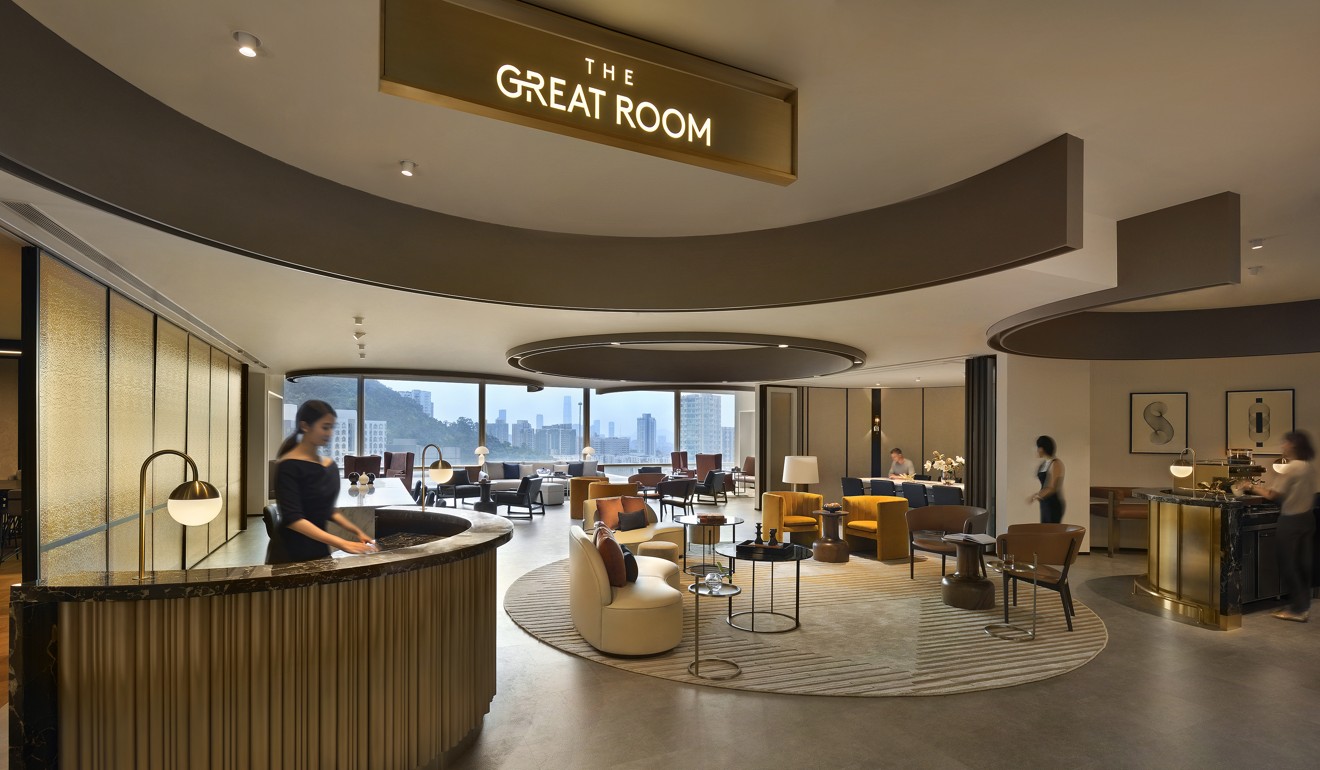
Hong Kong co-working space too crowded, some operators may pull back in 2019, Savills says
- Co-working space operators currently occupy about 2.16 million sq ft cross the city

Hong Kong has too many co-working spaces following rapid expansion in the sector, and some operators will withdraw from what has become a highly competitive market, industry analysts say.
“There were too many operators coming to the city, all of a sudden,” said Ricky Lau, deputy managing director and head of office leasing at Savills Hong Kong.
The global real estate services company believes 2019 will witness some pull back from the co-working concept. “It is still a bit too fast for Hong Kong, which is not particularly a haven for entrepreneurs and technology start-ups, which are regarded as the source of major demand for flexible office spaces,” he said.
Kr Space, one of China’s biggest co-working space operators, cancelled a five-year lease for seven floors at Chinachem’s One Hennessy building in Wan Chai recently, highlighted Hong Kong’s tough operating environment. Chinachem is suing Kr Space for HK$500.9 million (US$63.8 million) for breach of contract.
Funding, from the likes of venture capitalists, too has dried up. Kr Space’s last capital injection, of US$92 million, came in January 2018. SoftBank announced US$2 billion in funding for WeWork in January, which was much smaller than expected by the market.

“It is a bit more difficult to make money from this business model than investors and operators thought, and now we see funders showing less interest in the sector. Although, they are not backing off totally,” said Lau.“[Co-working’s] money-burning model needs at least another few years for it to be profitable in Hong Kong.
“It will take some time for companies to make decisions,” said Lau, adding that use of co-working spaces will also depend on the size and nature of business at these companies.
Co-working space operators currently occupy about 2.16 million sq ft cross the city, according to Savills, doubling in size since the end of 2017.

Thomas Hui, chief executive of TheDesk, a Hong Kong-based co-working operator, said investors are not losing interest – they are just being more cautious and selective.
“It is indeed a good thing for the likes of us, as we will see a fiercely competitive market become more rational. Not everyone in the industry will get funded and, as a result, the number of operators will decrease,” said Hui.
“But the trend is that the market will continue to grow. And in a good scenario, the area occupied by co-working operators will increase 10 times,” he added.
TheDesk has been operating three profitable spaces in Hong Kong for two years now, and launched its fourth offering in Admiralty recently.
The Great Room, a Singapore-based luxury co-working space operator, too remains upbeat about the market. It opened its first 24,000 sq ft centre at One Taikoo Place in Quarry Bay – home to Facebook, E&Y and Baker McKenzie, on April 11.
“As co-working gets more sophisticated, there will be more brands and more depth, and like every industry, segmentation has to happen,” said Jaelle Ang, The Great Room’s CEO. The company also operates three spaces in Singapore and one in Bangkok.
“Our product is for much more established companies, sophisticated enterprises and grown-up start-ups that like the energy of start-ups. There will be Holiday Inns but also Four Seasons … and we would like to be the Four Seasons of the co-working sector,” said Ang.